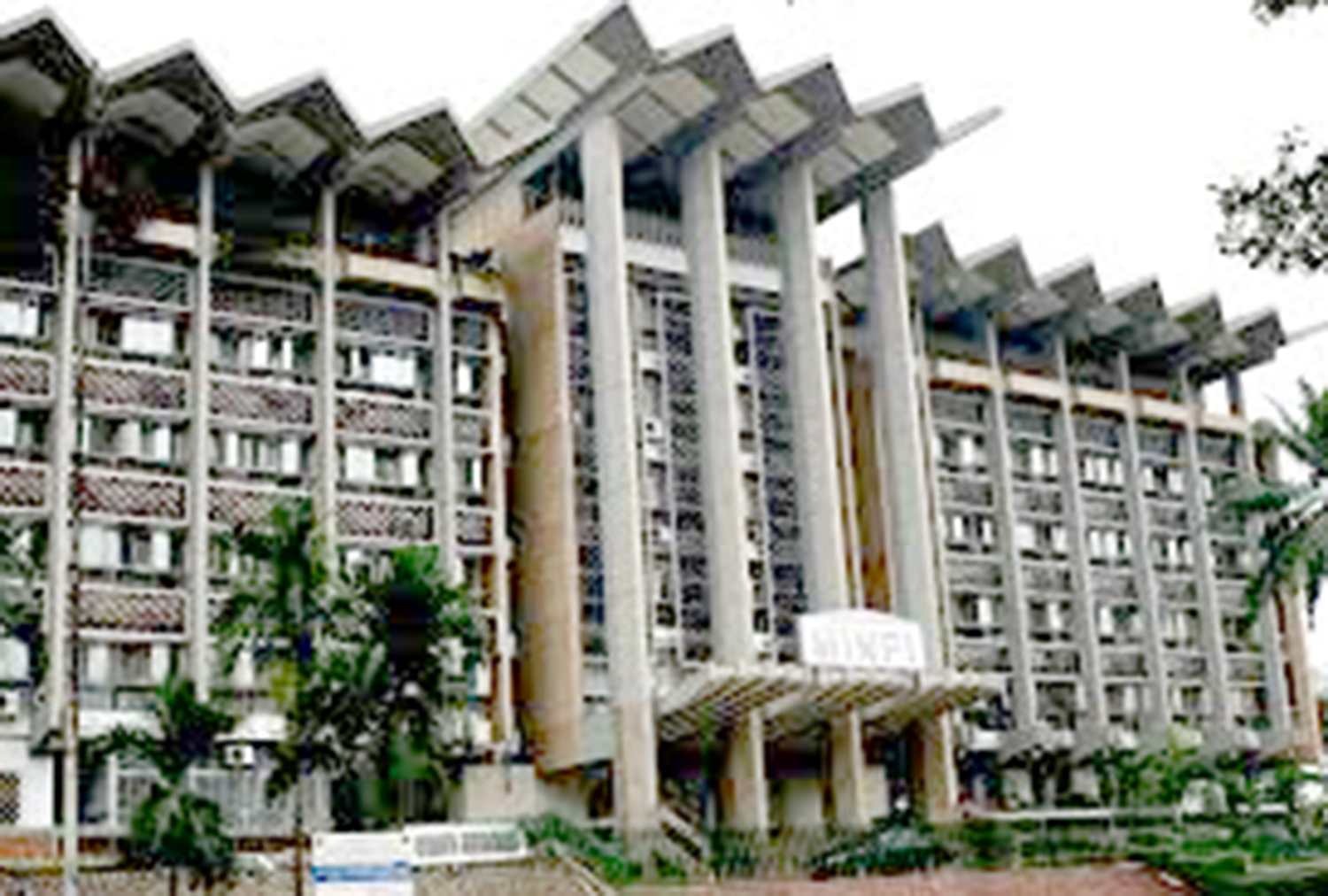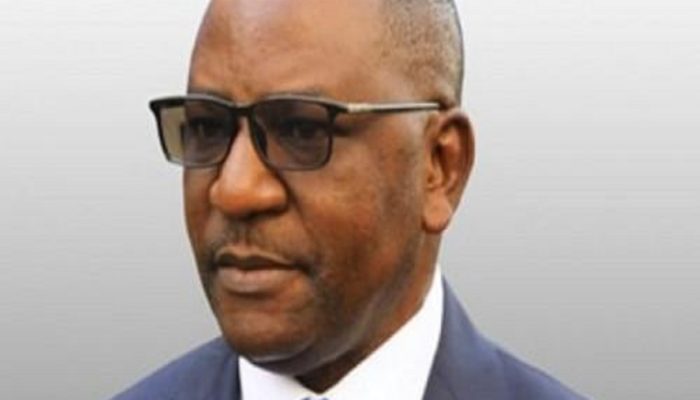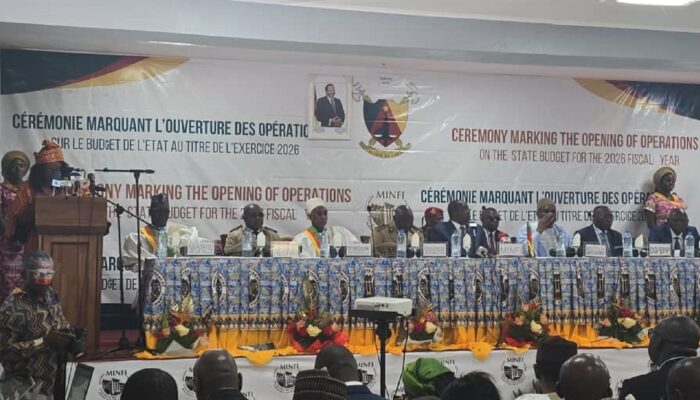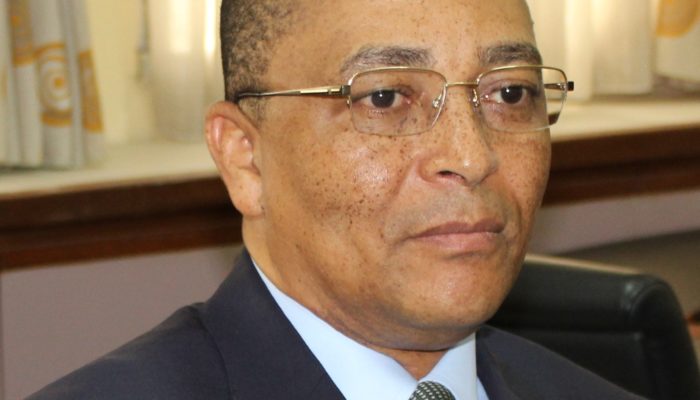On November 18, 2025, the Cameroonian government obtained approval from the National Assembly for the revision of the state budget, which was increased to 7,735.9 billion FCFA. This increase of 418.2 billion FCFA, officially justified by “the decline in oil revenues and growing financing needs,” raises questions about budgetary discipline and the effectiveness of public financial management. This is the eighth consecutive budget revision since 2018, a practice that “raises questions about the quality of financial planning” and reflects a trend toward “reactive rather than proactive management.”
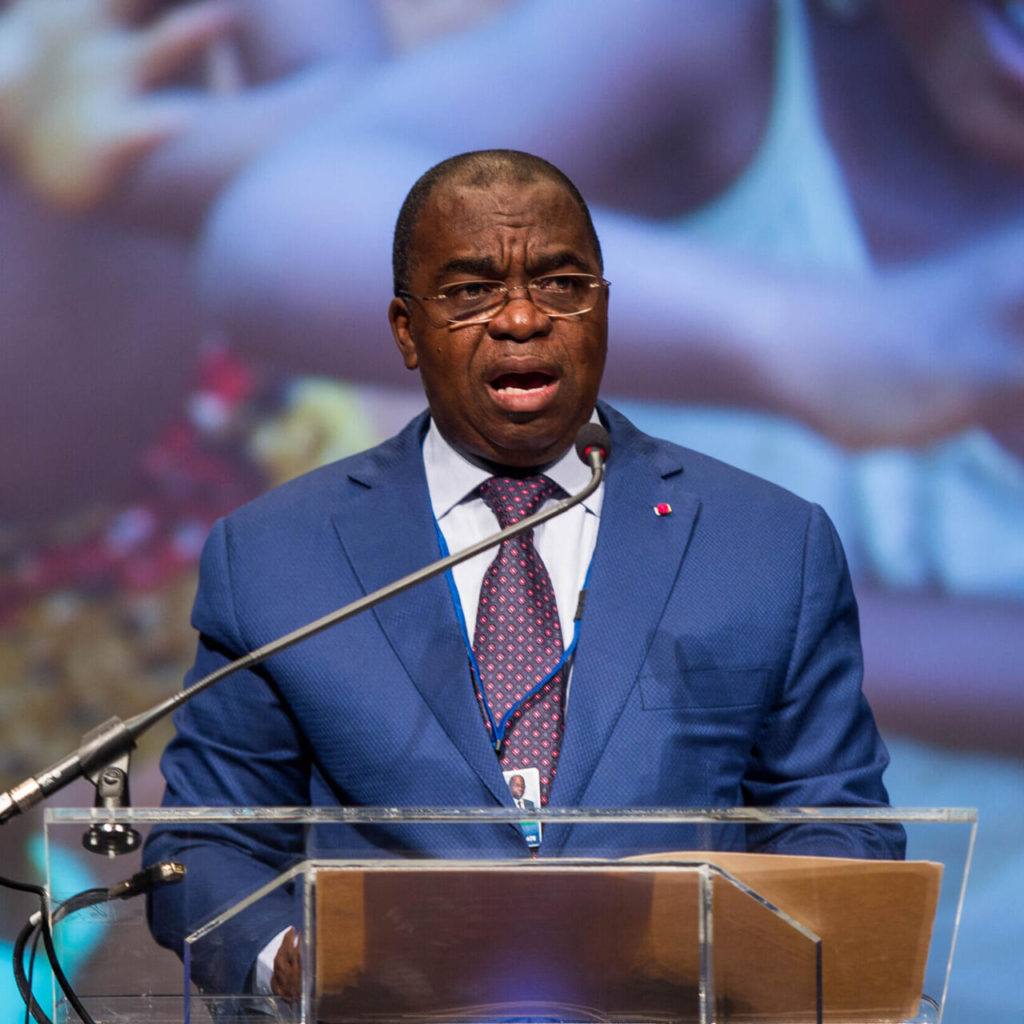
The revision is primarily driven by a drop in oil revenues, which fell from 734.8 billion to 641.5 billion FCFA (a decrease of 93.3 billion), due to the decline in the price per barrel, reduced production, and a stronger dollar. This vulnerability to commodity prices underscores the fact that the Cameroonian economy is struggling to break free from its dependence on natural resources. Yet, as the African Development Bank already pointed out in 2025, the challenge for the continent is precisely to “mobilize the resources necessary to finance its own development” by optimizing natural capital. However, Cameroon seems to be perpetuating patterns of dependency instead of accelerating the diversification of its economy.
To meet financing needs now estimated at 2,326.5 billion FCFA, the government is relying on an aggressive borrowing strategy: 330 billion FCFA in new external borrowing, 350 billion FCFA in government securities on the local market, and 440.1 billion FCFA in bank financing. This massive recourse to debt comes at a time when African countries are being urged to “strengthen their foreign exchange reserves” and undertake a “preventive restructuring of their debt” to avoid defaults. In the first quarter of 2025, Cameroon’s public debt already stood at 7,179 billion FCFA. The accumulation of new loans further exposes the country to market volatility and rising interest rates.
The government defends its budget revision as a necessary adjustment to “strengthen financial stability” and meet the “essential needs of the population.” However, the repetition of these corrective measures, combined with a sharp increase in debt, raises doubts: is this revision the exception or the rule? Without a structural improvement in financial governance and robust economic diversification, Cameroon risks remaining trapped in a cycle of budget adjustments and debt, far from its stated ambition of financial sovereignty.



